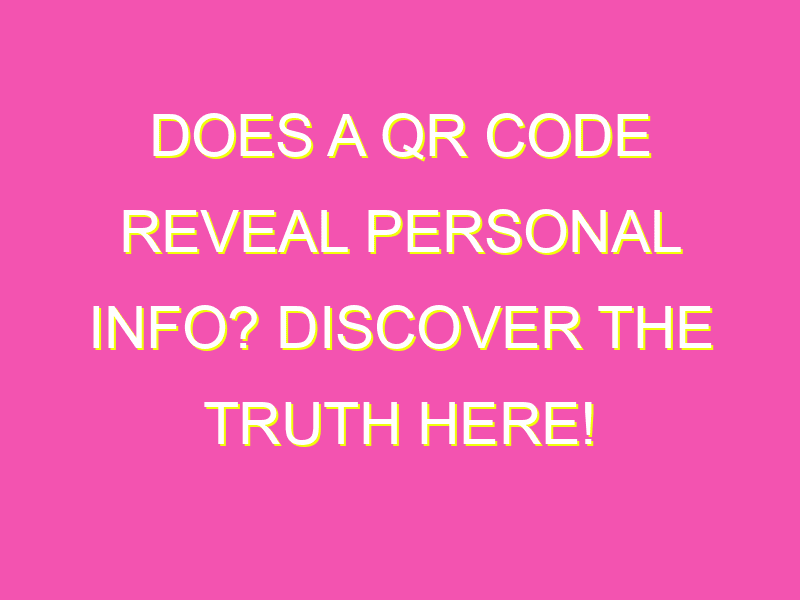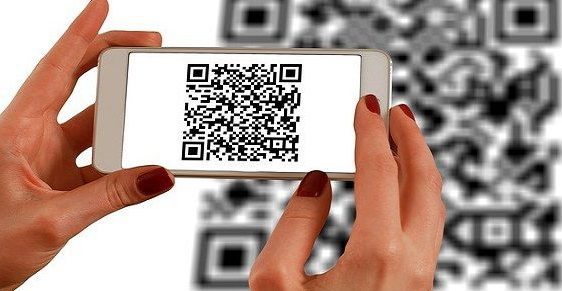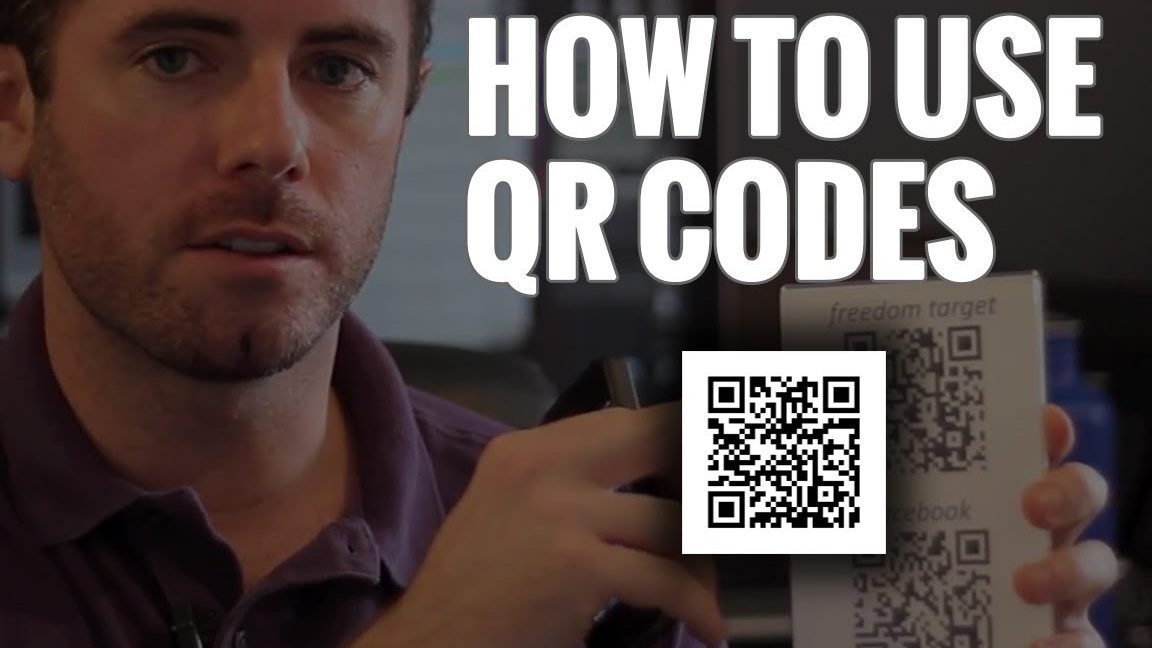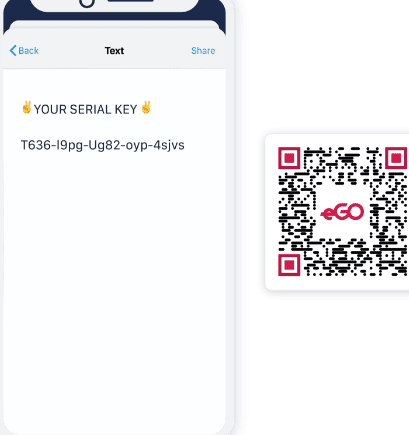Think QR codes are just a bunch of random squares? Think again! These machine-readable labels are everywhere and can contain a ton of personal information, from simple URLs to full-blown contact details and location data. Yes, QR codes can contain personal info! But don’t worry – it’s up to you to be careful when sharing and scanning these codes. Here are some examples of personal info that can be stored in a QR code:
Be cautious when sharing and scanning QR codes from unknown sources, though, as they can sometimes lead to phishing scams or malware downloads. In the end, it’s up to you to make sure you’re only sharing what you’re comfortable sharing.
Introduction: What is a QR code and how does it work?
A QR or Quick Response code is a machine-readable barcode label made of various white and black modules. They were first invented in Japan, by a Toyota subsidiary, in 1994 to track vehicle parts for the factory. The technology has since become popular globally, with companies and individuals using them to store, retrieve and transmit data quickly.
QR codes work by encoding data to a square pattern of black and white boxes that can be scanned by a smartphone camera or barcode reader. Once scanned, the device can decode the information and direct the user to a specific website or action. While the data stored in QR codes is often URLs, they can also contain other types of data as mentioned above.
Understanding the data stored in QR codes
QR codes can store different types of data depending on their intended use. Some common data types found in QR codes include:
- URLs: QR codes typically contain a URL that directs the user to a website or landing page.
- Contact information: Users can store their contact information, including names, email addresses, and phone numbers in QR codes.
- Geolocation: Some QR codes may contain GPS coordinates that direct a user to a specific location.
- Email addresses: QR codes can also contain email addresses of individuals or organizations to contact.
Personal information and QR codes: What you need to know
It is crucial to note that QR codes can store personal information, such as email addresses, contact numbers, and even geolocation. While this makes them convenient, it also poses a privacy risk.
QR codes may contain a lot of personal information that criminals can use to launch attacks. For example, scammers can use fake QR codes to redirect users to a phishing website, steal sensitive information and financial data. Hackers can also use malicious codes to gain access to a user’s device, track their location, or install malware.
Risks of sharing personal information through QR codes
Sharing personal information through QR codes can expose users to various risks. Here are some of the risks:
- Identity theft: Scammers can use personal information stored in QR codes to steal individuals’ identities, open accounts, or access other sensitive information.
- Targeted advertising: Companies can use personal data stored in QR codes to create targeted ads, which can be a privacy violation for the user.
- Malware: Malicious codes in QR codes can infect a user’s device with viruses, adware, or spyware.
- Location tracking: Criminals can use location data stored in QR codes to track users, monitor their activities, and plan attacks.
Ways to protect your privacy when using QR codes
Fortunately, there are several ways users can protect themselves when using QR codes. Here are some tips on how to stay safe:
- Use reliable code scanners: Use trusted QR code scanners, to avoid scanning malicious codes that can harm your device or steal your data.
- Avoid scanning unknown codes: Avoid scanning codes from unknown sources or unsecured websites.
- Check the URL before scanning: Check the URL before scanning a QR code to ensure it directs to a legitimate website.
- Do not store sensitive information: Avoid storing sensitive data, such as credit card numbers or social security numbers, in QR codes.
- Monitor your bank accounts: Regularly monitor your bank accounts and credit score for unauthorized activities that may result from a QR code scan.
Applications and industries using QR codes for personal information
QR codes have become prevalent in various industries and applications, including:
- Retail: Retailers use QR codes on their products to provide customers with product information, pricing, and promotions.
- Marketing: Marketers use QR codes on billboards, product packaging, and digital advertisements to deliver exclusive content, discounts, or freebies.
- Transportation: Transport service providers use QR codes on tickets to reduce check-in times and enhance the customer experience.
- Healthcare: Healthcare providers use QR codes on medical bracelets or patients’ health records to retrieve data quickly in case of emergencies.
The future of QR codes and personal data
QR codes are evolving as technology advances, and their popularity continues to surge. With contactless payment options, more companies will use QR codes, and they will continue to store personal data.
As such, cybersecurity measures must be taken to protect users’ privacy. There is a need for more secure scanning technology, secure QR code generation tools, and increased user awareness of the risks associated with QR codes.
Conclusion: The importance of being cautious with QR codes and personal information
QR codes are convenient and offer a quick and easy way for individuals and companies to store, retrieve and transmit data. However, they also pose a risk to personal privacy, and users must take appropriate precautions to secure their data. It is essential to stay vigilant and use trusted scanning tools when scanning codes, avoid storing sensitive information in codes, and regularly monitor bank accounts and credit scores. The future of QR codes looks promising; however, we must be cautious when sharing personal information through them.





